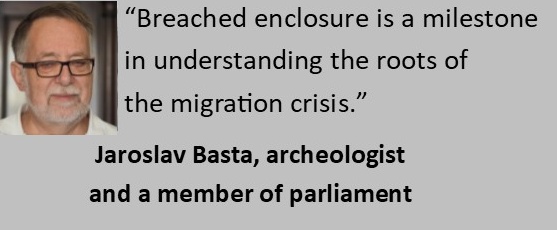The current American conflict can also be seen as a conflict between owners and managers. In the Trump camp we find many big owners, in the Harris camp many top managers.
This is not just an election campaign issue. This conflict has been running through American society and the American economy for a long time. It is a conflict that cannot be resolved quickly and unequivocally – just as it was once fundamentally impossible to resolve the conflict between the bourgeoisie and the proletariat. The clash of interests persists, occasionally erupting into petty open conflicts, and gradually one side dominates until it clears the field completely. Or, after a while, the conflict is covered by another conflict.
For example, the dispute between Musk (or rather his Twitter network – X) and several dozen of the biggest advertisers who have collectively agreed not to advertise with Musk. Economically, this is completely irrational. Both sides lose. It’s just that the people who make the decisions at those advertisers, who would rather accept lower profits than allow a change in the balance of power.
Why don’t the owners get their house in order? Because the typical owner owns a block of shares in an investment fund, who owns five per cent of another investment fund, who holds two per cent of Shell. Understandably, he hasn’t the slightest chance of influencing management decisions. All he can do is to sell or buy shares (of the first fund) and thereby indirectly put pressure on management. According to neo-liberal economic theory, this should be enough to actually manage. In real life, this means that any writer with the threat of a negative article has more power over the management of a corporation than a billionaire owning a bunch of stock.
Elon Musk has been able to break this in his companies and take actual control. He is currently applying the same in the civil service, where his commissions are on the rampage, purges are taking place and it is not really about the efficiency of the authorities so much as it is about breaking the management structure and taking control.
But in dozens of mammoth corporations, nothing is going to change anytime soon.


